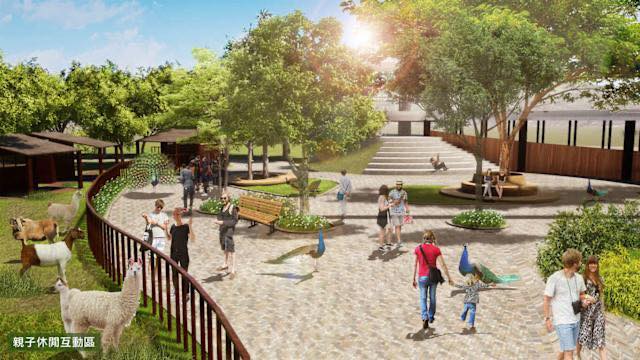By Eryk Michael Smith
Images via city govt/高雄透可 FB
KAOHSIUNG — The city is preparing to open its second zoo-style animal and ecological recreation park in Neimen District, with officials describing the project as a new “anchor attraction” for eastern Kaohsiung’s tourism corridor.
The Neimen Tourism and Recreation Park (內門觀光休閒園區), covering roughly 11.5 hectares, is currently undergoing phased construction, with a soft opening targeted for late 2025, according to planning information released by the city government.
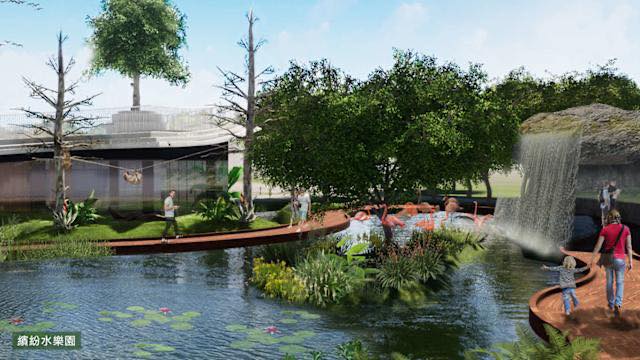
The park site is located near Zizhu Temple (內門紫竹寺), a major cultural landmark in the region. The city’s tourism and agricultural agencies say the goal is to create a family-friendly outdoor environment that highlights biodiversity, gentle-contact animal experiences, native plants, and the rural landscape of Neimen.
Part of a Larger East-Kaohsiung Tourism Belt
The development aligns with Kaohsiung’s ongoing strategy to strengthen tourism across the city’s eastern districts, linking destinations such as Tianliao Moon World, Qishan Old Street, Meinong Hakka cultural areas, and local agricultural sightseeing farms and hiking networks
Officials say Neimen’s role in traditional performing culture—particularly the Song-Jiang Battle Array (宋江陣)—and its long association with banquet cuisine (總鋪師文化) make it a natural location for a tourism hub that blends nature, family recreation, and local identity.
Features Planned for the Park
According to city project descriptions, the Neimen Tourism and Recreation Park is being developed in zones, designed to be opened in stages. Planned features include:
- Native Botanical Display Area
An emphasis on Taiwan’s endemic plants, local forest species, and biodiversity interpretation. - “Gentle Animal” Interaction Spaces
Focused on small, calm, and non-threatening species suitable for family environments and education.
(Species lists will be finalized during the operating-unit stage.) - Outdoor Activity and Exploration Zones
Including walking routes, shaded rest areas, and thematic play environments inspired by the surrounding natural terrain. - Ecological Interpretation and Learning Facilities
Designed to support school trips, environmental education programs, and community activities,
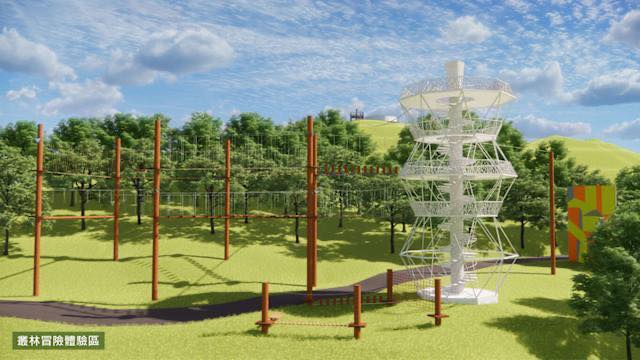
City planners say the goal is not to recreate a traditional urban zoo structure, but rather to develop an open-air ecological park where habitats, landscaping, and visitor circulation are integrated in a way that encourages observation rather than spectacle.
A Complement to Shoushan Zoo, not a Replacement
The new park will operate alongside Kaohsiung’s existing Shoushan Zoo, which recently completed a major multi-year renovation. Officials emphasize that the Neimen park is not a second full zoological complex, but a different category of facility—smaller-scale, slower-paced, and focused on interaction with the natural environment, and gentle animal encounters.
Phased Development and Operations
Construction continues in stages, with facilities, landscaping, and circulation routes being completed in sequence. City officials have stated that the opening will be phased, meaning that some zones may open earlier while additional habitats and facilities are added over time.
Operating details, including ticketing, management structure, and private-sector participation, will be finalized closer to opening.
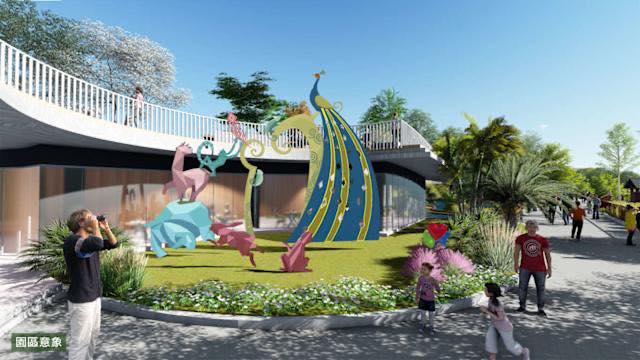
Local Reaction
Neimen residents and businesses have generally expressed optimism that the project could bring steady, year-round family tourism, rather than the single-date peaks associated with festival season. Local farmers have also voiced interest in potential cooperation related to plant nursery supply, agricultural tourism, and eco-education programs
However, some community members have asked the city to ensure traffic flow planning during holiday peaks and to establish clear guidelines for animal welfare and habitat management once the facility enters operation.
Looking Ahead
If completed on schedule, the Neimen Tourism and Recreation Park will represent one of Kaohsiung’s most significant new tourism developments outside the urban core in recent years. The project also reflects a broader shift in Taiwan toward landscape-based recreation, biodiversity education, and a balance in regional tourism.
For now, the city says “late 2025” remains the tentative opening timeframe, with more detailed updates expected later this year.


